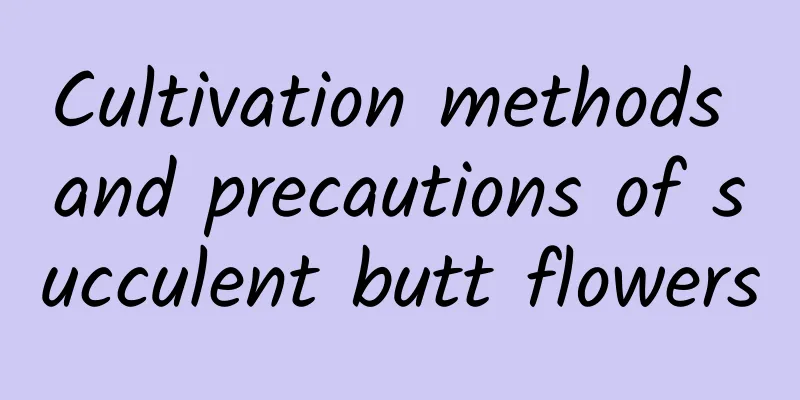Plant "cuttings" are not difficult. Learning how to prepare the "soil" will make the cuttings half successful!

|
First of all, Huahua will introduce to you what types of soil are used to prepare cuttings. What we usually see are humus soil, vermiculite, sand, peat and perlite, etc. The soil material for plant cuttings is definitely not made of only one type, but is formed by the combination of multiple soils. The softer soils are humus soil and garden soil. These two types of soils account for a larger proportion when mixing and are common soils. The remaining vermiculite, peat perlite, etc., occupy a relatively small proportion in the mix. Their function is to help increase the air permeability of the soil, allowing the roots of the plants to breathe well and have good water permeability, so that they are not easily killed by waterlogging during breeding. Now that we know the types of soil, how should we mix them? So let’s start with what plant you are taking cuttings of. We all know that each plant has its own habits. Whether we are doing cuttings or cultivation, we cannot generalize and must treat them differently. Some plants prefer drier soil, so you can mix garden soil with sand and add some vermiculite; while some plants pay attention to the moistness of the soil, so the proportion of sand can be reduced appropriately, or even no sand can be added. In addition, Huahua also wants to say that the result of the cutting is not determined solely by the soil. The success of the cutting is closely related to the health of the plant branches, the local climate temperature and humidity, and the moisture of the soil. These multiple factors determine whether the cutting is successful. As for the cultivation of plant cuttings, the mentality of us flower growers is also very important. We should not be impatient for quick results. It takes hundreds of days and nights of growth for a branch to grow into a potted plant. |
<<: How to grow potted purple bamboo plum
>>: Repot your cactus and use this little trick, and it will bloom for 10 years!
Recommend
How to deal with garlic seeds before sowing (how to deal with garlic seeds before sowing)
Garlic is a vegetable of the genus Allium in the ...
How to prune calamus
When to prune calamus The general time for prunin...
How to Plant Safflower Seeds
Introduction of safflower seeds Generally, the se...
How to grow betel nut
1. Maintenance methods 1. Temperature: It can be ...
How to prune South African marigolds? Pruning method and time
South African marigold pruning time South African...
How to care for Dongyun succulents
Dongyun Succulent Growth Conditions Dongyun succu...
Which month is the best to plant osmanthus trees?
The osmanthus tree is one of China's traditio...
How to plant ginseng fruit
1. Prepare the soil Before planting ginseng fruit...
How to take care of the flowers you just bought home
Plant purchase requirements: If you are not sure,...
Rose and jasmine...if you grow them like this, they can bloom several times a year, and the flower buds will pop out!
If you grow roses like this, they will bloom cont...
Is it harmful to human health to grow spider plants in the bedroom? Is it good to grow spider plants at home?
1. Is it harmful to the human body to keep it in ...
How do dahlias survive the winter? Do they need to be dug out in winter?
1. How to dig out the tubers for winter Dahlias a...
What vegetables are suitable for planting during the Grain in Ear solar term?
The Grain in Ear solar term is around the beginni...
Where does camellia grow? Can it survive in the north?
1. Where to grow Its origin is in China and Japan...
How can the leaves of aloe vera dry up?
1. Lack of water Reason: Although the Aloe Vera p...









